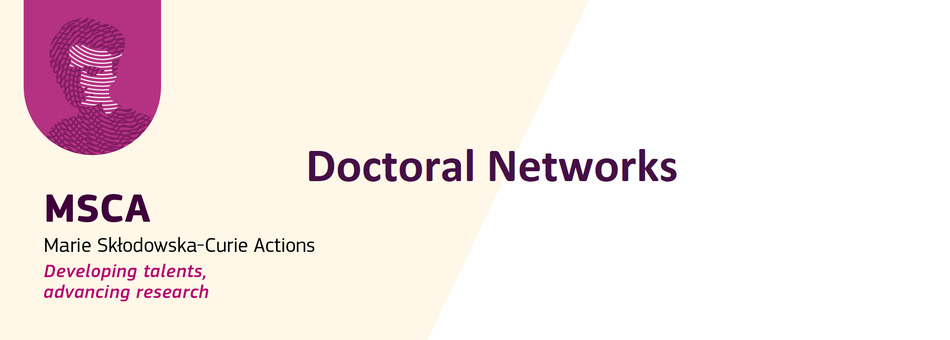ExpectedOutcome:
Project results are expected to contribute to some of the following expected outcomes:
- Contribute to the public accessibility of fiscal data and information related to disaster risks, and available risk transfer mechanisms such as insurance in an easily available and understandable way.
- EU-wide or international standard or guidance on how to monetise and account intangible values from Climate Adaptation and Disaster Risk Reduction measures
- Innovative financial instruments and IT-solutions to reduce transaction costs for disaster risk finance and insurance products (e.g. earth observation data, artificial intelligence, financial technologies)
- Research and testing of novel European, cross-border, national and regional disaster risk financing frameworks. This needs to involve a wide range of stakeholders (e.g. disaster risk management, finance, communication) from public and private sectors.
- Risk model development for future natural catastrophe events, development of European stress-testing scenarios including vulnerable hotspots and uninsurable risks.
Scope:
Natural disasters (weather and climate related extremes and geological events) in the EU have cost on average EUR 17 billion per year the past ten years. Around 35 % of the total losses from climate and extreme and weather events are insured today in the EU, although the proportion of the insured losses ranges from 1 % in Romania and Lithuania to about 60 % in Belgium. In the near-term future, the European insurance industry and their regulators have warned that affordability and insurability are likely to become an increasing concern with climate change. Insurance, in combination with other risk transfer and financing mechanisms, is an important tool to achieve disaster risk reduction targets. Insurance plays an important role in financially supporting the recovery of individuals, organisations, businesses and communities affected by natural disasters. Large disaster losses in recent years have led insurance companies to re-examine their approach to increase the extent of insurance coverage and compensation for loss in vulnerable areas. This includes increasing their investment in assessing and modelling risk, developing advice on risk prevention and establishing new forms of coverage to support governments in managing the costs they face in post-disaster recovery. Questions remain about the limits of insurance in tackling fast-rising threats - not only how people at highest risk and with lower incomes can afford it, but whether insurance models can cope with much more frequent and destructive. Rethinking insurance pay-outs, giving homeowners clearer information on potential risks - using simple online tools, or providing data at the time of house purchases - may also be the way forward more resilient communities.
Specific Topic Conditions:
Activities are expected to achieve TRL 5-6 by the end of the project – see General Annex B.
Cross-cutting Priorities:
Digital AgendaArtificial Intelligence





